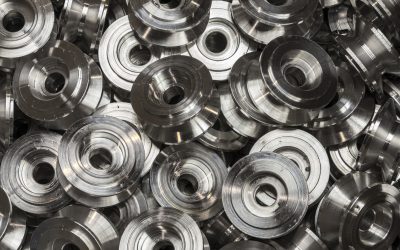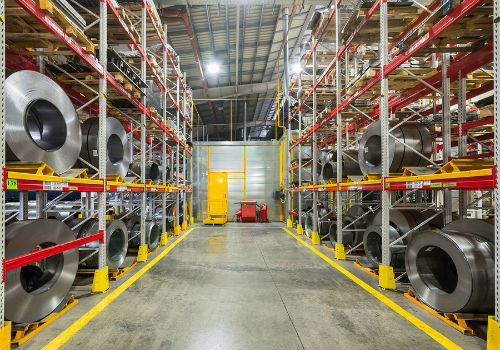In today’s milling business, the roller mill and hammer mill see a great deal of use. Both applications have their pros and cons, and one will be the best choice for you. Here is a look at the two methods, to help you choose the right equipment for your operation.
What is a Hammer Mill?
Have you ever battered something with a hammer to break it up or pulverize it? This is the main principle behind the hammer mill. Most hammer mills are made up of large drums with special hammers mounted on an internal shaft located in the middle of the drum. As the shaft spins at high speed, it forces the hammers to swing around and around, crushing the material. Hammer mills work on a 4 step process:
* The material to be crushed enters the mill. It typically is fed by a conveyor and drops into the machine by the force of gravity.
* The mixture is met by hammers which crush it repeatedly. The longer and faster the drum spins, the finer the material is crushed.
* Once the batch is the proper size, it falls through grids or screens. In this way, the larger material is left inside the crushing area until it is the right size.
* All crushed material falls from the drum to complete the crushing process. In some cases, suction may be applied to remove lighter materials.
What is a Roller Mill?
Roller mills work on a very simple principle. If you pass something between two large and heavy rollers, it will become crushed from the pressure and weight. A typical roller mill is made in a horizontal arrangement. Material enters the top and may pass through one or more pairs of rollers on the way down. Eventually, the crushed material leaves the bottom portion due to gravity.
Which is Best – Hammer Mills or Roller Mills?
The right choice depends on your requirements. If you need a consistent particle size for your materials, you should consider roller mills. Rollers perform a more uniform type of crushing. Are you looking to keep dust to a minimum in your operation? A roller mill is the better choice because less dust is created.
Roller mills are considered to be more efficient than hammer mills, and will use less energy. Plus, because material passes through roller mills by gravity, air flow during the operation is not a concern. In fact, many companies are seeing the benefits of roller mills today, especially since energy conservation is becoming more and more important.
Hammer mills have their benefits also. For instance, they can produce cubed or spherical shaped particles and high bulk density.








